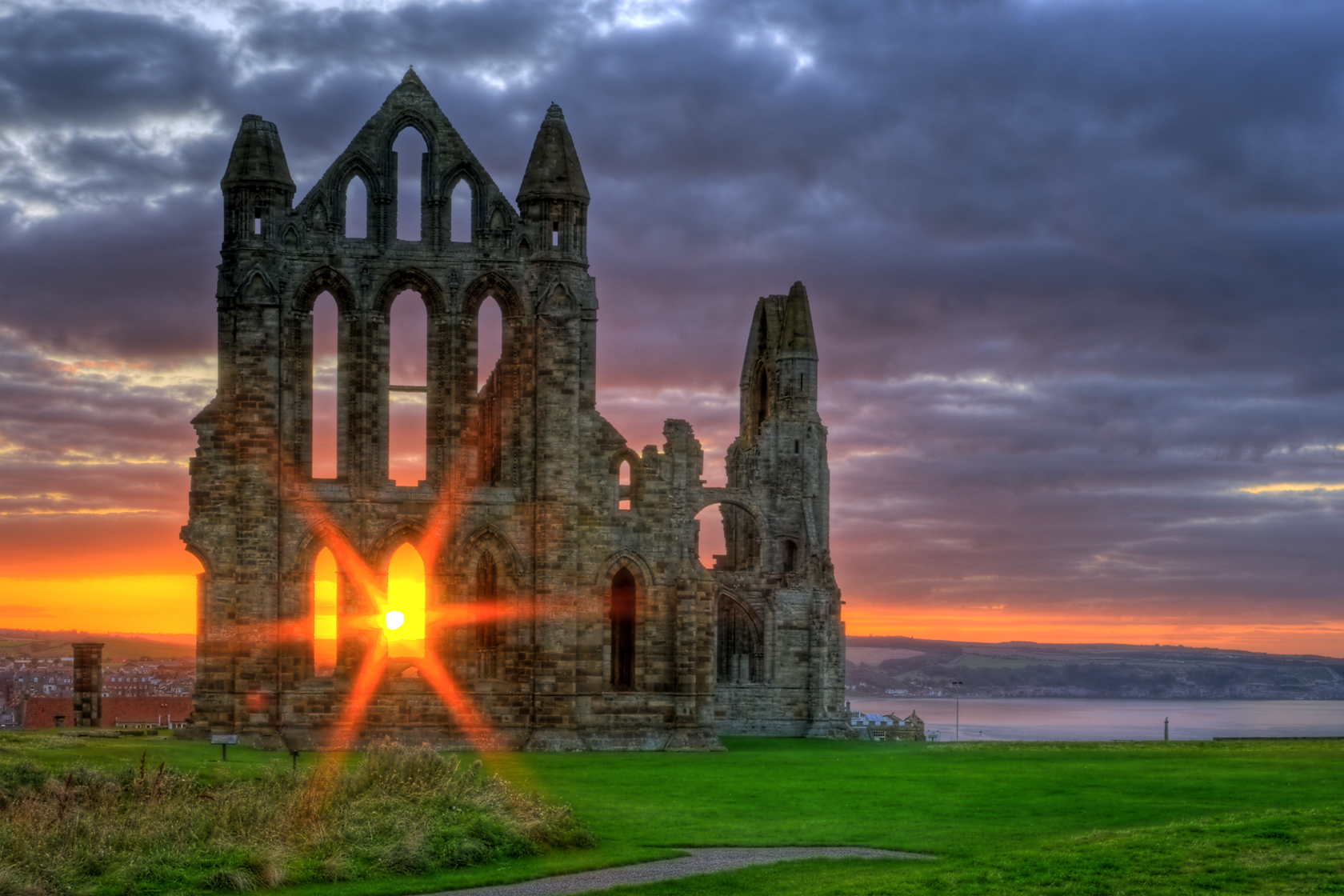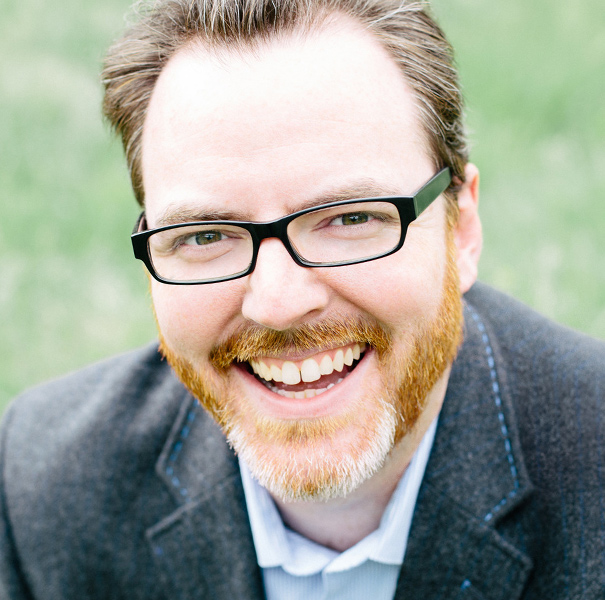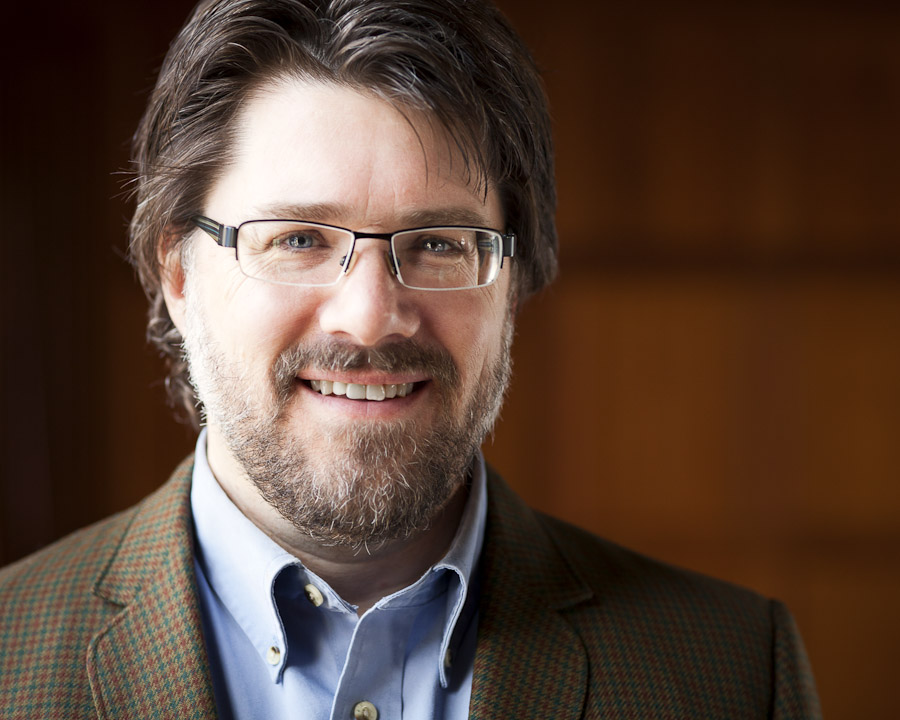Welcome to Spark My Muse!
Thanks for your generousity.
Spark My Muse listeners hear quality episodes–twice, each week–and give what they can. YOU ARE THE VERY BEST.
THEY ARE BACK.
Adam Narloch and John Williamson of the Deconstructionist Podcast!
I put lots of effort into the show notes so they are amazing and helpful for you.
SO. MANY. LINKS.
Scroll down for those and enjoy the show!
AUDIO PLAYER:
(You can share an audio clip from the show by using the Clammr app below. Just click the red and white logo
Podcast: Play in new window | Download (Duration: 50:51 — 69.9MB) | Embed
Subscribe to Spark My Muse Apple Podcasts | Spotify | Email | TuneIn | RSS | Subscribe to Spark My Muse
Hear Adam and John the previous time they came on the Spark My Muse show: Episode 59.
SHOW NOTES for Episode 72
It’s a special podcast powwow with Adam and John as we deconstruct / unpack their recent conversation with remarkable guest John D. Caputo!
(often referred to as Jack)
Min 2
“What Would Jesus Deconstruct” by Jack Caputo
(John) On Jack Caputo and his work related to Philosopher Jacques Derrida
The Weakness of God – by Jack Caputo
MIN 3:30
The meaning of “Weak Theology”
(briefly explained)
Tragedies bring out the questions of Theodicy (or so-called “weak theology”) and the questions of why good God would allow humans to suffer. We talk about how we perceive weakness compared to how God might encounter or solve that. It’s a loving term of weakness.
Looking at Jesus dying on the cross as a metaphor for weakness. (sacrifice)
Violence begets more violence.
The solution is a surprising one.
MIN 6:30
(Adam)
[ictt-tweet-inline via=””]Foolishness of God is the great reversal and is the premise of weak theology.[/ictt-tweet-inline]
Michel Foucault on knowledge and power
MIN 8:20
Why the Deconstructionist podcast is not heterodox or counter-orthodoxy or heretical:
[ictt-tweet-inline via=””]Theology isn’t something you can capture and freeze.[/ictt-tweet-inline]
Beliefs are constructed through history are relatively stable (this is why they last throughout time) but they are also relatively unstable then too. It’s both dangerous to mess with the beliefs and dangerous to keep them frozen too.
MIN 10
(John) The nugget John found in the conversation:
[ictt-tweet-inline via=””]Deconstruction is not a drive-by shooting.[/ictt-tweet-inline]
• Karen Armstrong’s work – (books)
Ancient people, scribes, leaders, and rabbi’s were always struggling with how to interpret scripture.
MIN 13:00
The cultural legacy of a modernity mindset is to think that the Bible could be seen as inerrant.
The re-imagining of the Scriptures.
MIN 13:30
(Adam)
Theo-poetics
It’s not that we have to destroy it but we have to continue to to image and expose the Scripture to its own future.
MIN 15:00
[ictt-tweet-inline via=””]If Justice or Hospitality exists, it calls to us. It’s something we imagine and pray for and long for. God doesn’t exist, God insists.[/ictt-tweet-inline]
MIN 16:30
“You can’t be a fascist of knowledge.” -Adam Narloch
MIN 17:30
Some people think deconstructing is negative and a dead end. Why deconstructing is not a dead end but rather life-giving.
[ictt-tweet-inline via=””]The desire beyond desire. It calls us to the next thing. We mistake desire for the thing.[/ictt-tweet-inline]
MIN 18:30
(Adam)
Further up and further in…
the thing calling us forward. The beyond the beyond. The deconstructive process continues and we have to keep opening it up.
MIN 20:00
(John) Being comfortable of the Mystery of God.
[ictt-tweet-inline via=””]Who created God? you realize is the wrong question.[/ictt-tweet-inline]
MIN 23:30
(Lisa) My own deconstructing the image of Jesus, of God, and the mystery of understanding how our brains understand reality through constructions.
MIN 25:00
(Adam)
The alien orb. Sphere a Michael Crighton novel.
The Anthropomorphic problem – people make things people-like.
Jewish people are iconoclastic. No graven images. Images don’t capture the meaning.
Jesus is iconoclastic because he comes as divine coming in human form.
The temple curtain is torn revealing that nothing was there behind it because there was more to be revealed.
MIN 29:00
(John)
[ictt-tweet-inline via=””]Pluralism helps us deconstructs and helps take us to deeper truth.[/ictt-tweet-inline]
MIN 32:00
(Lisa)
Wrestling with God is our “calling” (as humans). In other words, it’s our most basic human experience.
MIN 33 (Adam)
[ictt-tweet-inline via=””]Enlightenment has co-opted inside religion to take the wrestling [with God] out.[/ictt-tweet-inline]
MIN 33:30
(John)
on their podcast being referred to as “dangerous”
Heresy in the Middle Ages related to power and government structures (not spirituality).
The influence of the famous women mystics threatened power structures more than personal spiritual devotion in the lives of people.
MIN 36:00
• Revisionist History podcast Malcom Galdwell.
Do a revisionist history on the church heretics.
Check out Pelagius and see if maybe he wasn’t a heretic.
MIN 39:00
on Paul’s letters (which became part of collection of books now know as The Holy Bible) were the documents that were preserved the best (and most shaped what is now Christianity)
MIN 43:00
Paul’s authority.
The scandal of turning Paul’s letters into a new law would have deeply grieved Paul.
The Fidelity of Betrayal – Peter Rollins
• Peter Rollins’ books
Hear Episode 18 of the Deconstructionist Podcast featuring Jack Caputo here.
Hear the most recent episodes of Spark My Muse:
Pick an option below for the next amazing episode!











